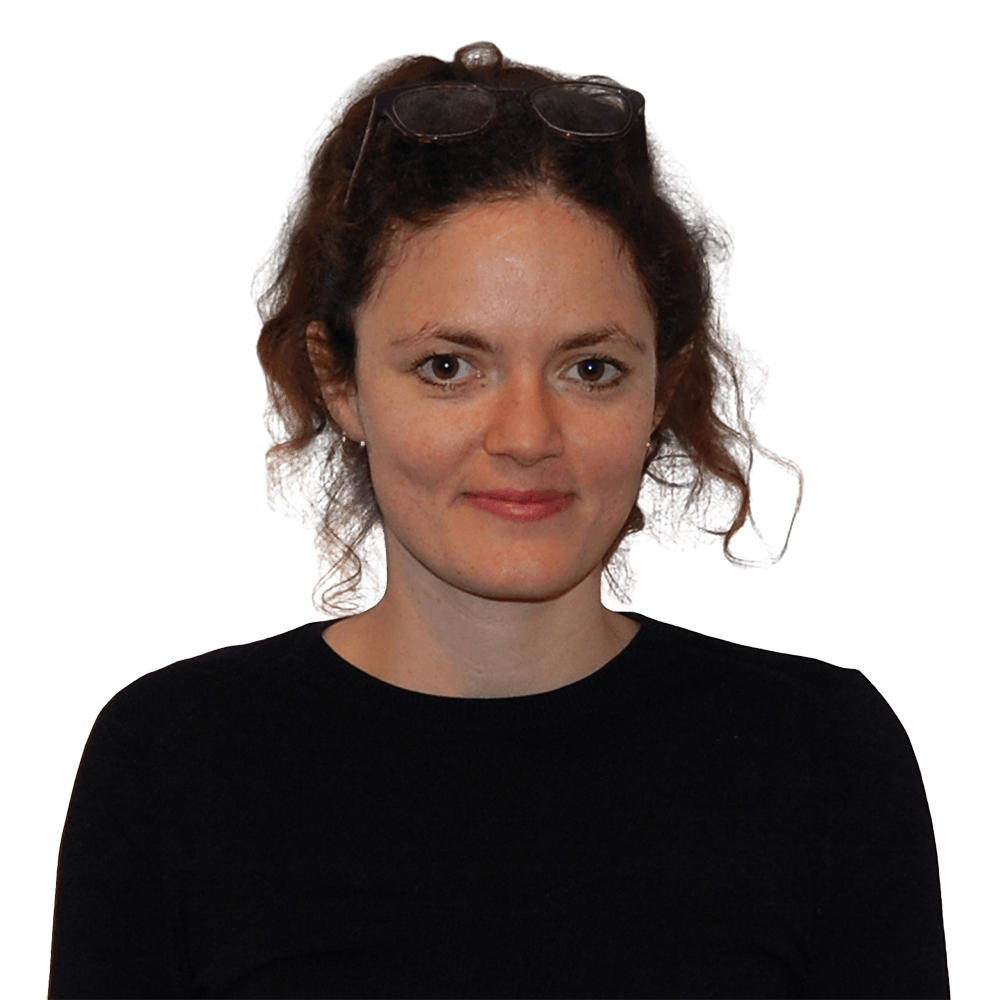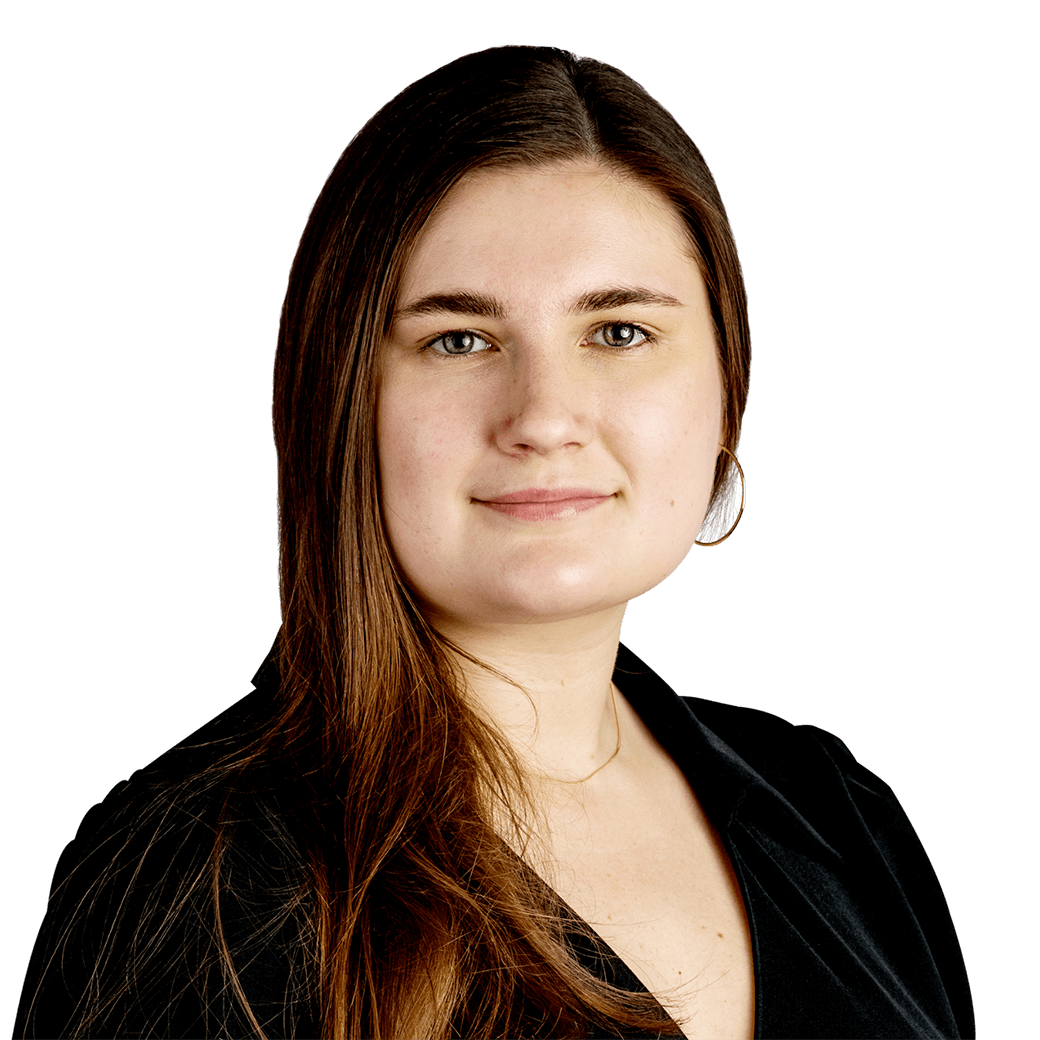High Court rules in UK’s third-ever cartel damages judgment
Published on 14th February 2024
Osborne Clarke acts for successful corporate claimants in damages claim relating to a worldwide LCD panels cartel

Following a four-week trial in the Commercial Court and judgment on 8 February 2024, Osborne Clarke clients Granville Technology Group Ltd and OT Computers Ltd succeeded in establishing LG's liability in respect of a significant overcharge caused across the liquid crystal display (LCD) panel market as a result of the LCD cartel.
The claim in Granville v LG Display is only the third-ever competition cartel damages claim to reach a final judgment in England and Wales, and His Honour Judge (HHJ) Pelling KC's judgment will be of interest to all competition law practitioners.
LCD panel cartel
The claimants (which traded under the "Time Computers" and "Tiny Computers" brands in the 1990s and early 2000s but are now in liquidation) brought claims against a number of LCD panel cartelists seeking damages resulting from a worldwide cartel for the sale and supply of LCD panels for use in desktop monitors, notebooks and televisions, as determined by the European Commission's LCD decision of 8 December 2010. By the time of the trial in October and November of 2023, the claimants had settled with most of the named defendants, with the only remaining "live" defendants taking an active role in the proceedings being companies in the LG group.
In his judgment, HHJ Pelling KC found that the cartel increased the price of LCD panels purchased by the claimants by between 4% and 14% (depending on the product) and that the claimants should be compensated for this overcharge and the resultant loss of sales, subject to a deduction to reflect the proportion of the price increase that had been passed on to customers, known as "downstream pass-on".
Notably, the defendants failed on their arguments that first, the claim was time barred by virtue of section 2 and/or 9 of the Limitation Act 1980; and, secondly, a substantial part of the claim was governed by non-European Economic Area (EEA) law or, alternatively, by the laws of Taiwan, Japan, South Korea and China.
As regards the disputes over the levels of overcharge, downstream pass-on and lost sales, the judge's findings were somewhere in between the figures proposed by each side's experts. The judge accepted in full the claimants' position that there was 100% upstream pass-on and that the overcharge affected the whole market (including LCD panels made by non-cartelists – the "umbrella damages" claim).
Approach taken to limitation
The case provides useful further endorsement of the approach taken to limitation in cases of fraud or concealment by the Court of Appeal in OT Computers v Infineon Technologies [2021] (a case in relation to which Osborne Clarke also acted for the claimants). The Court of Appeal in its 2021 ruling made it clear that, where a company is in administration (as the claimant companies are in this case), it will not be "treated as if it had still been carrying on business at the time when the facts concerning the defendants’ price fixing cartel began to emerge" for the purposes of working out when time starts running for limitation purposes.
This means in practice that the court – when looking at the question of when the claimants "could with reasonable diligence have discovered" the facts giving rise to a claim (thus triggering the running of the limitation period) – will not expect an insolvency practitioner to be "scanning the business section of newspapers or the Reuters web site for articles that may be relevant to the companies concerned so long after the companies had ceased trading".
The judge in this case agreed and concluded that such an approach would "not [be] realistic" given that insolvency administrators will normally be dealing with a "substantial number of administrations and liquidations of companies trading in a wide variety of different industrial and commercial sectors, where the funds available to carry out investigations may be very limited".
The judge made clear however that had the claimants not been in administration he would have expected them to consider "at least the business sections of main stream newspapers published in at least England and Wales where they traded. Similarly they could reasonably be expected to pay close attention to reportage in those papers that concerned their industry, or industries involved in the direct or indirect supply of a major component namely monitor and notebook screens incorporating LCD technology". This suggests that the "reasonable diligence" test in relation to non-insolvent claimants remains a relatively onerous one to satisfy.
Additional defences to limitation
The claimants also raised a further defence to the defendants' limitation arguments in relation to the fourth defendant (LG Display Co. Taiwan Limited). They argued that their claim against the fourth defendant would not have been timed barred whether or not the claimant companies were in liquidation, as none of the documents submitted by LG to support its arguments that the claimants could have gleaned sufficient facts to start time running for limitation purposes mentioned the fourth defendant, only the third defendant.
The judge confirmed that he agreed that the claim against the fourth defendant would not have been time barred for that reason. This highlights the importance of deciding precisely which addressees of a regulatory decision to issue against when bringing a follow-on claim where limitation may be an issue between the parties. While, in principle, all addressees of a decision of a competition authority will be jointly and severally liable for the whole loss caused by the cartel, the limitation arguments may differ between defendants.
Territorial scope of EU law
The judge confirmed that he agreed with the claimants case that its claims fell within the territorial scope of EU law and, in doing so, resolved important issues that were left outstanding by the previous Court of Appeal decision in Iiyama v Samsung [2018].
LG sought to argue that a substantial proportion of the claimants' claim fell away on the basis that any parts of the claim which flowed from the purchase of LCDs first put on the market outside the EEA – "non-EEA first sales" – were outside the territorial scope of EU law. In practice, the majority of LCD panels were first sold to LCD monitor manufacturers in Asia before the assembled LCD monitors were sold into the EEA.
The judge disagreed, holding that to take that LG's approach would have a "chilling effect on the efficacy of EU competition law", because it would effectively mean that defendants could circumvent EU competition law simply by adding a "non-EU" step to the start of their supply chain.
He agreed with the claimants that the correct test was whether the cartelists agreement (in this case to illegally increase the price of LCDs) was either implemented in the EEA or alternatively whether the agreement had immediate, substantial and foreseeable effects within the EEA, or it was reasonably foreseeable that it would have those effects (the "qualified effects doctrine"). This followed the Court of Justice of the EU judgments on this issue in the cases of Woodpulp, Gencor and Intel.
In this case, HHJ Pelling KC held that the evidence available established that the LCD cartel was a worldwide cartel which was intended to produce and in fact produced substantial indirect effects on the EU internal market. This market included the UK, which was the place where the three claimant companies carried on their business and where they purchased and sold their products.
The judge, therefore, concluded that the qualified effects doctrine was satisfied and the claim fell within the scope of EU competition law. He also noted the statement of the Court of Appeal in Iiyama that, in circumstances where the defendants have chosen to participate in a worldwide cartel, they cannot then complain that the worldwide implementation or effects of this cartel might mean that they end up facing multiple claims in separate jurisdictions.
Governing law
The judge agreed with the claimants that the governing law in this case was English law.
The test for governing law in this case was governed by the Private International Law (Miscellaneous Provisions ) Act 1995 (PILA) since the events with which the claim was concerned occurred before 11 January 2009. Under section 11 PILA, the applicable law is that in which the events constituting the tort occur and, where elements of those events occur in more than one country, "the law of the country in which the most significant element or elements of those events occurred".
The key question was, therefore, in which country the most significant elements of the events making up the tort occurred (the tort being breach of statutory duty and the statute in question being article 101 the Treaty of the Functioning of the European Union (TFEU). A breach of article 101 TFEU requires the "(a) occurrence of the relevant agreements, decisions and concerted practices; (b) the restriction on competition within the internal market and (c) loss or damage caused to the claimants by the restriction."
The defendants argued that the most significant element of the events making up the tort was the place where unlawful conduct had occurred – that is, element (a). They argued that this would make the applicable governing law the (various) laws of the "producer countries" (being South Korea, Taiwan, China and Japan).
The judge disagreed and held (endorsing the approach taken to governing law in Deutsche Bahn) that the most significant elements of the tort were (a) the place or places where the cartel was intended to be implemented, which was the territory of the EU including the UK and, therefore, England and Wales (that is the territoriality point, considered above); and (b) the place or places where the damage resulting from the infringing activity was suffered which, again, was England and Wales.
The general rule in section 11 PILA can be displaced (by section 12 PILA) if it is "substantially more appropriate" for the law of another country to apply. While the judge concluded that he did not need to consider this point, given his conclusions on section 11, he held that he would have concluded that the factors connecting the tort to the EU (and therefore England and Wales) so outweighed the factors connecting the tort to the countries where LCD screens were first put on the market that he would have concluded that English law was the applicable law under section 12 had he needed to consider the matter.
Downstream pass-on and lost sales
Whilst the judge concluded that 65% of the overcharge on the LCD panels had been passed on to customers by the claimants, he agreed with the claimants' arguments that, to the extent any losses were passed on, the effect of the claimants increased prices would have been to reduce their sales volumes and hence profits (the "lost sales" claim).
The practical impact of this was significant and offset about half the effect of the downstream pass-on; the combined effect of the finding on downstream pass-on and lost sales was a reduction to the overcharge figure of about 30%. This illustrates the potential importance of lost sales claims to claimants in situations where downstream pass-on may be significant.
Osborne Clarke's competition litigation team of Andrew Bartlett, Lisa Oakley, Penny Coombs, Siubhan Macdonald and Katie Tradelius acted for the claimants. Thomas Raphael KC of Twenty Essex Street & Stefan Kuppen of Monckton Chambers were instructed.
The third and fourth defendants, LG Display Co Limited and LG Display Taiwan Co Limited, were represented by Cleary Gottlieb Steen & Hamilton LLP.





